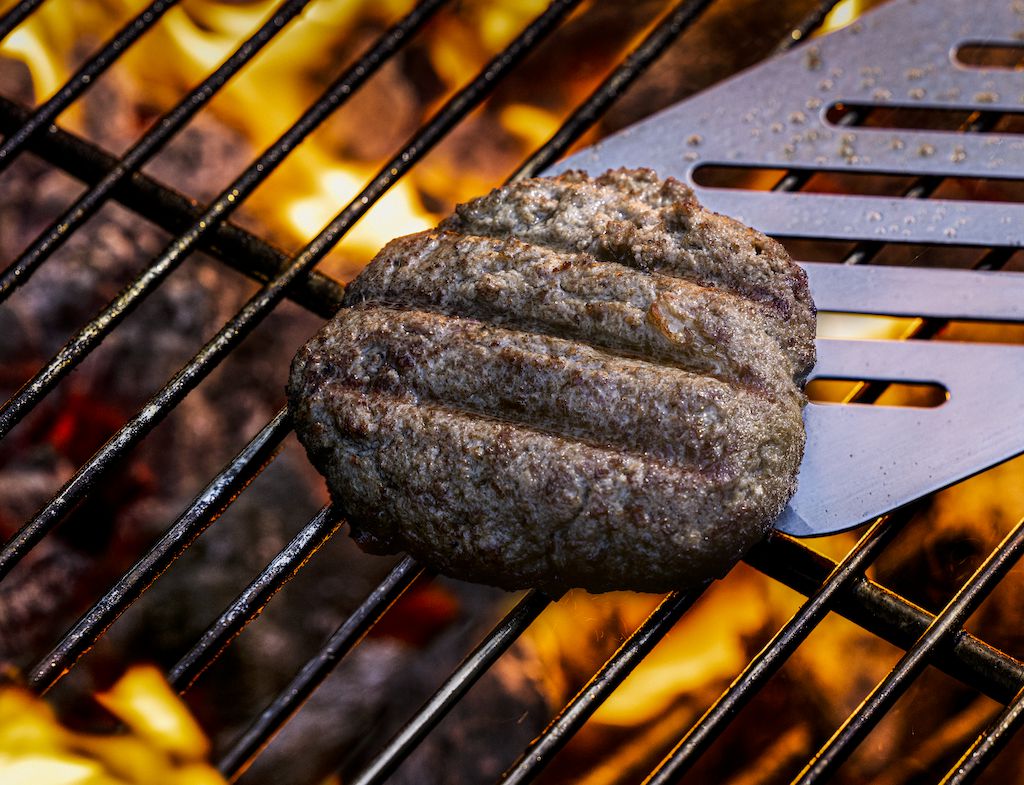Cultivated Startup Omeat Emerges From Stealth Mode With $40 Million to Build Its ‘Bridge to the Future’
3 Mins Read
California-based cultivated meat start-up Omeat, has emerged from stealth mode after four years. The company says its innovative technology dramatically cuts costs and can be scaled to meet the global demand for various types of animal protein in a sustainable way.
For the last four years, Omeat has been developing a unique approach to cultivated meat, which involves the use of regenerative factors extracted humanely from living cows to create growth media — the most expensive part of cultivated meat production. The process can cost-effectively grow different kinds of meat including beef, pork, chicken, and fish.
‘A simple and elegant solution’
Founder and CEO of Omeat, Dr. Ali Khademhosseini, a leading tissue engineer, transitioned from developing human tissues for medical applications to creating scalable methods for cultivated meat production due to his awareness of the issues related to traditional animal agriculture.

“The conventional approach to meat production comes with major adverse effects on the environment, public health, and animal welfare. We saw an opportunity to leverage our expertise to discover a scalable way to grow cultivated meat,” Khademhosseini said in a statement.
“The approach we uncovered and are currently scaling is a simple and elegant solution that taps into the natural biology of animals to let nature do its work. The result is real meat that’s pure, delicious, and can satisfy a growing population’s demand for meat in a sustainable and humane way.”
The start-up farms its growth media from a free-grazing cow herd in California. The farm is designed to be carbon-negative, incorporating various regenerative practices. Working alongside animal welfare scientist Dr. Kristina Horback of UC Davis, Omeat has developed animal-friendly procedures for collecting plasma, the nutrient fluid vital to Omeat’s proprietary growth media.
‘A bridge to the future’
“With one cow providing plasma weekly, we can create many cows’ worth of meat annually,” Khademhosseini explained.
“This means we can feed the planet with only a fraction of the current number of animals used in beef production. We see ourselves as a meat company, and our goal is to be a bridge to the future of the meat industry. We’re perfecting a sustainable operation that existing farms and ranches can implement, generating the same volume of product but with a fraction of the overhead. It’s way more efficient, and we don’t have to sacrifice the cow.”

Omeat raised $40 million in an oversubscribed Series A round last year. Backers include S2G Ventures, Google Ventures (GV), Bold Capital Partners, Tyson Ventures, the venture capital arm of Tyson Foods, Inc., Rethink Food, Trailhead Capital, and Cavallo Ventures.
Omeat is currently building a pilot plant as well as expanding its team. The company says it is also working toward commercial readiness while in conversation with the FDA and the USDA for regulatory approval; the USDA gave its first approval to cultivated meat producers yesterday — California’s Good Meat and Upside Foods.



